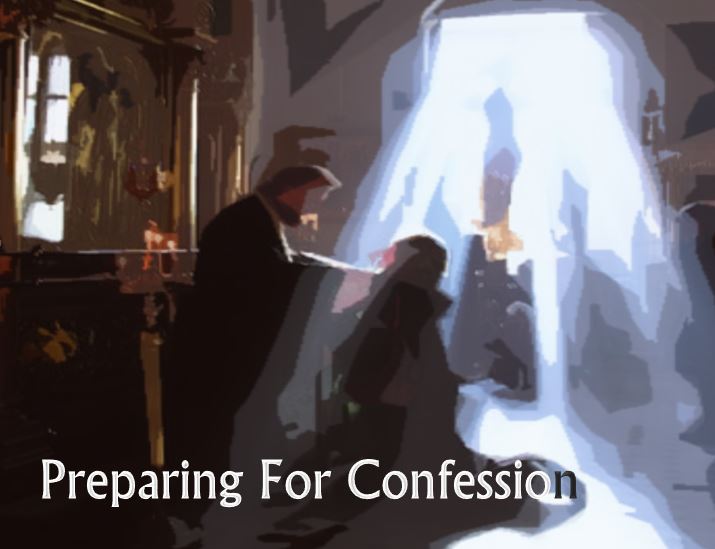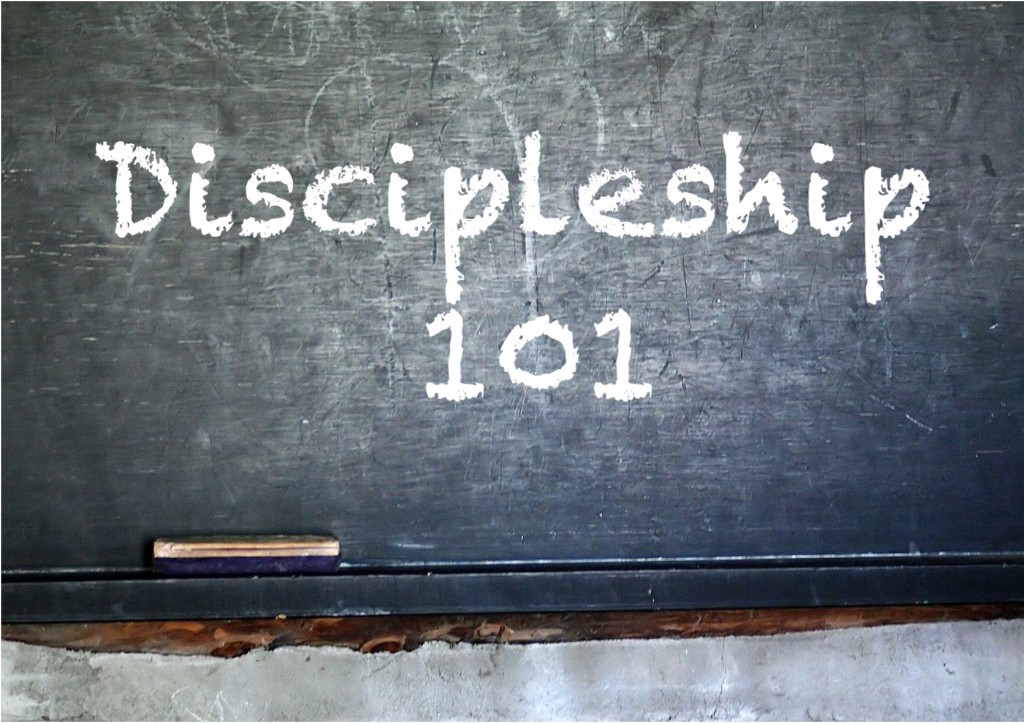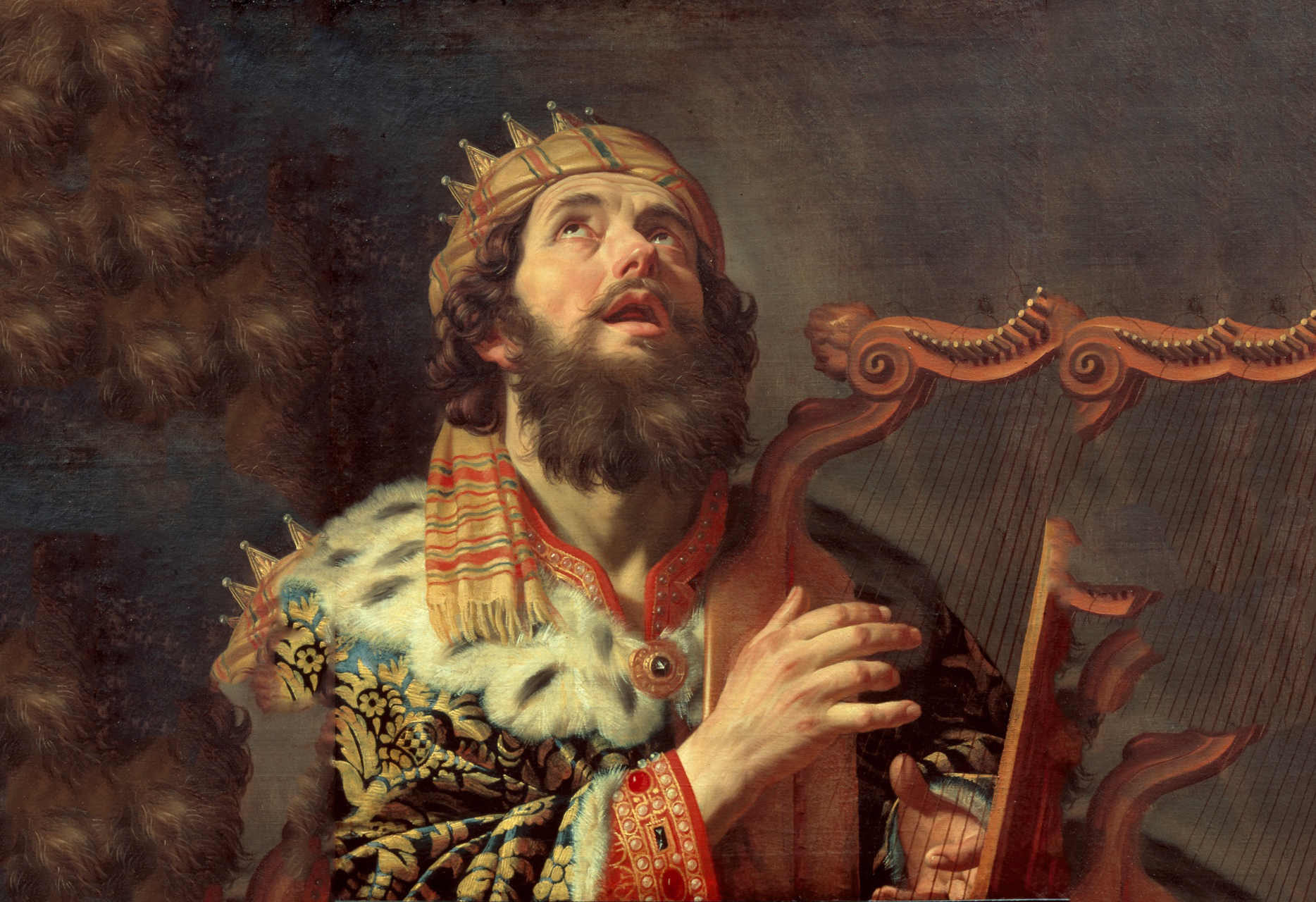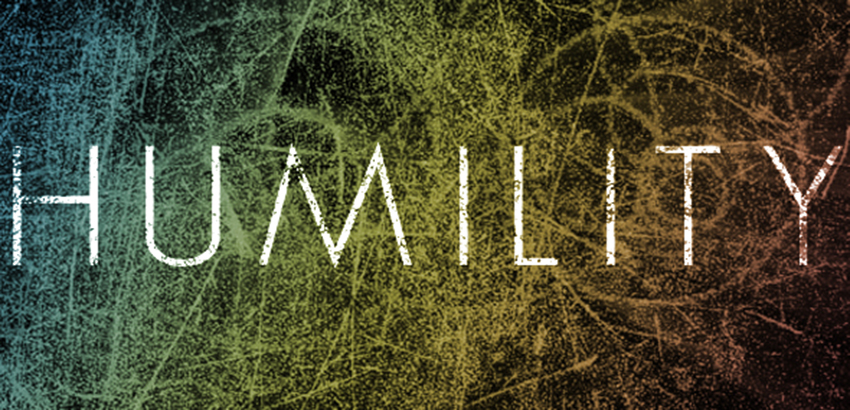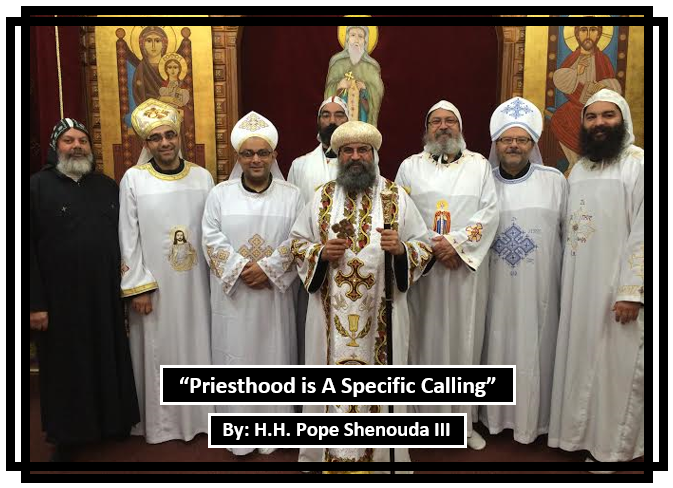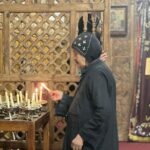All these monastic practices makes monasticism seem to be full of grief and sadness, where does joy fit in all of that? At the first glimpse, monasticism looks like a life of grief, struggle, sadness and tears. A monk deprives himself willingly from the pleasures of this world, living in the dry desert, wearing black …
- (02) 6579 7093
- bishopanbadaniel@gmail.com
- 8419 Putty Road, Putty, NSW, 2330



